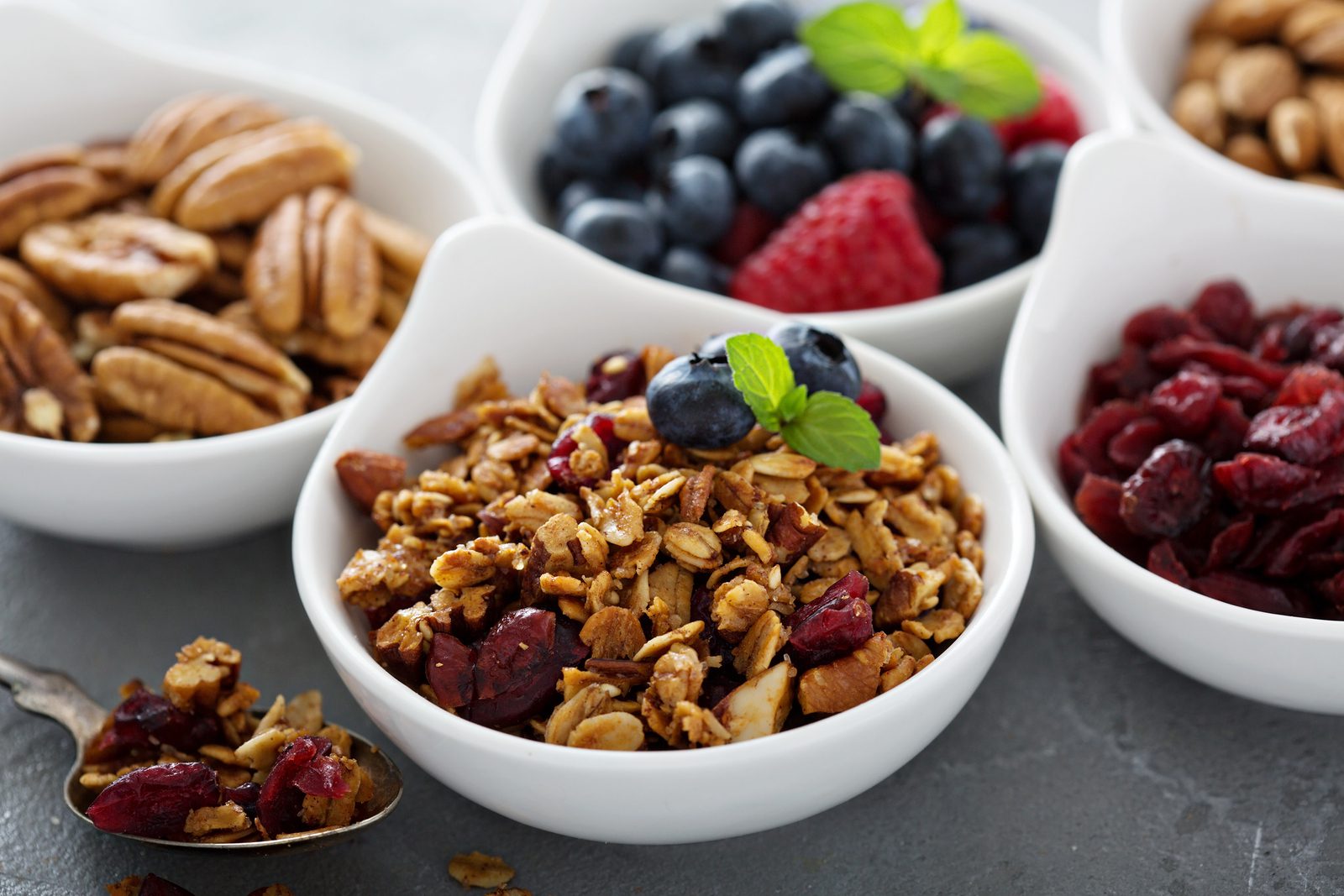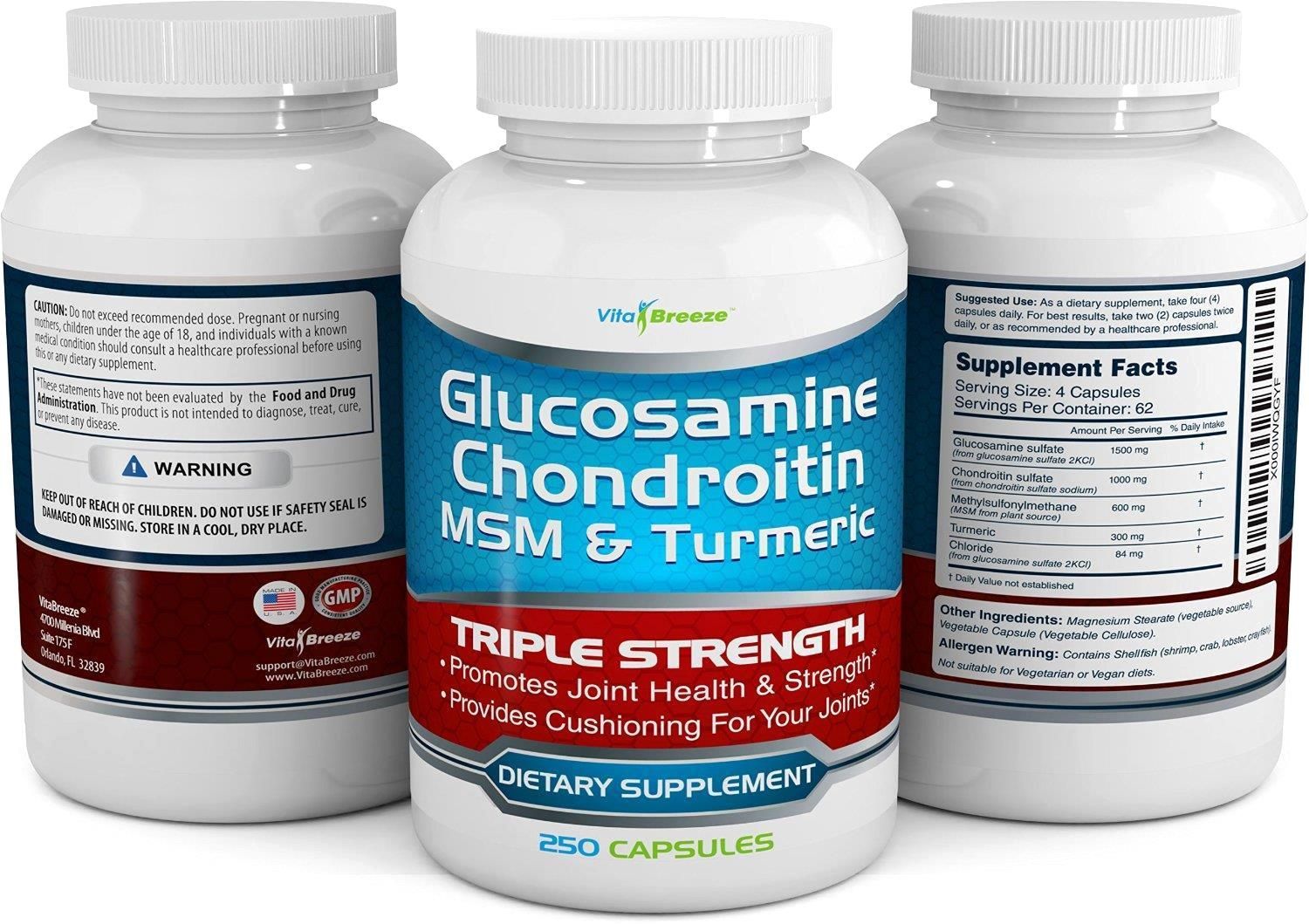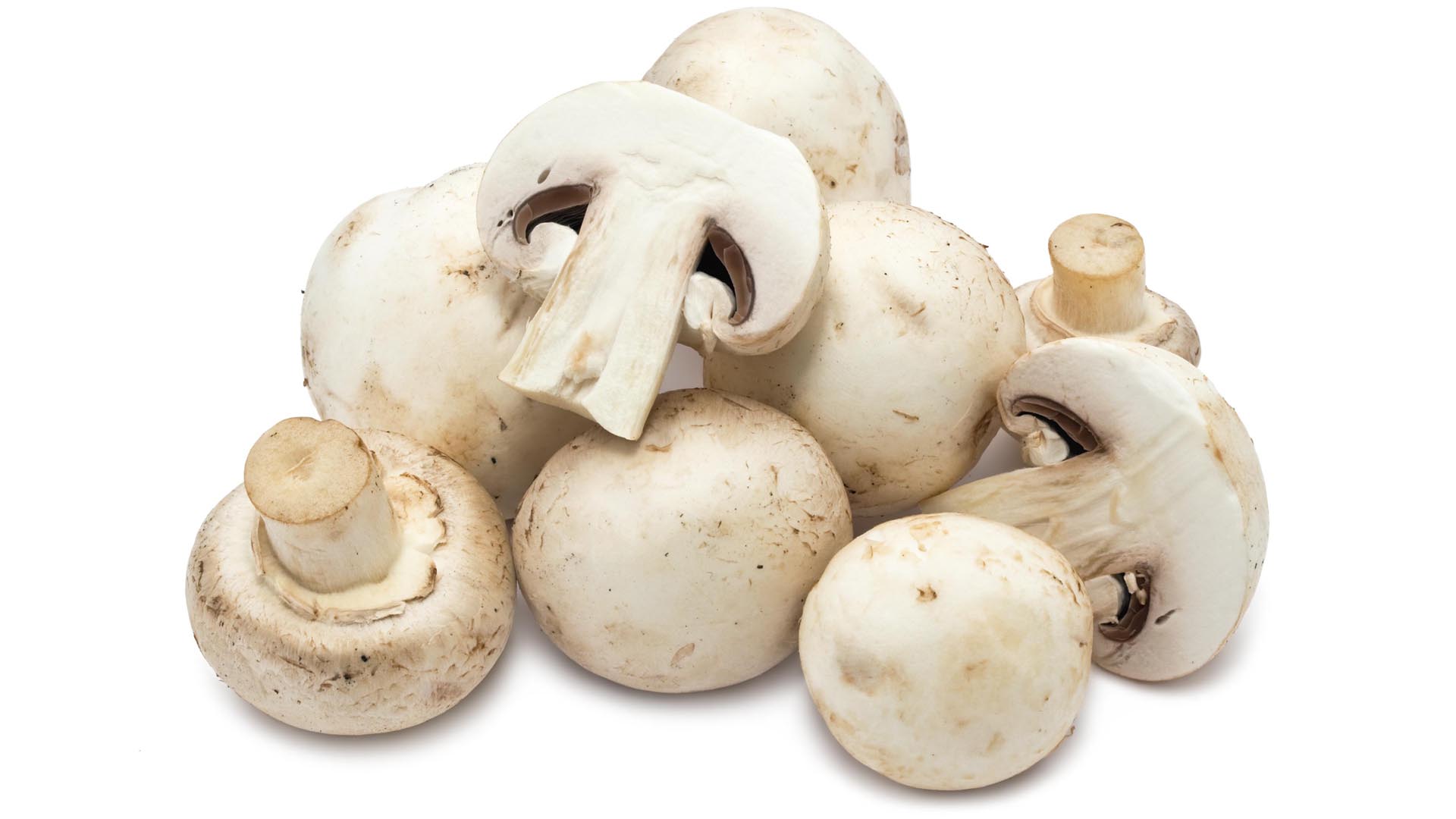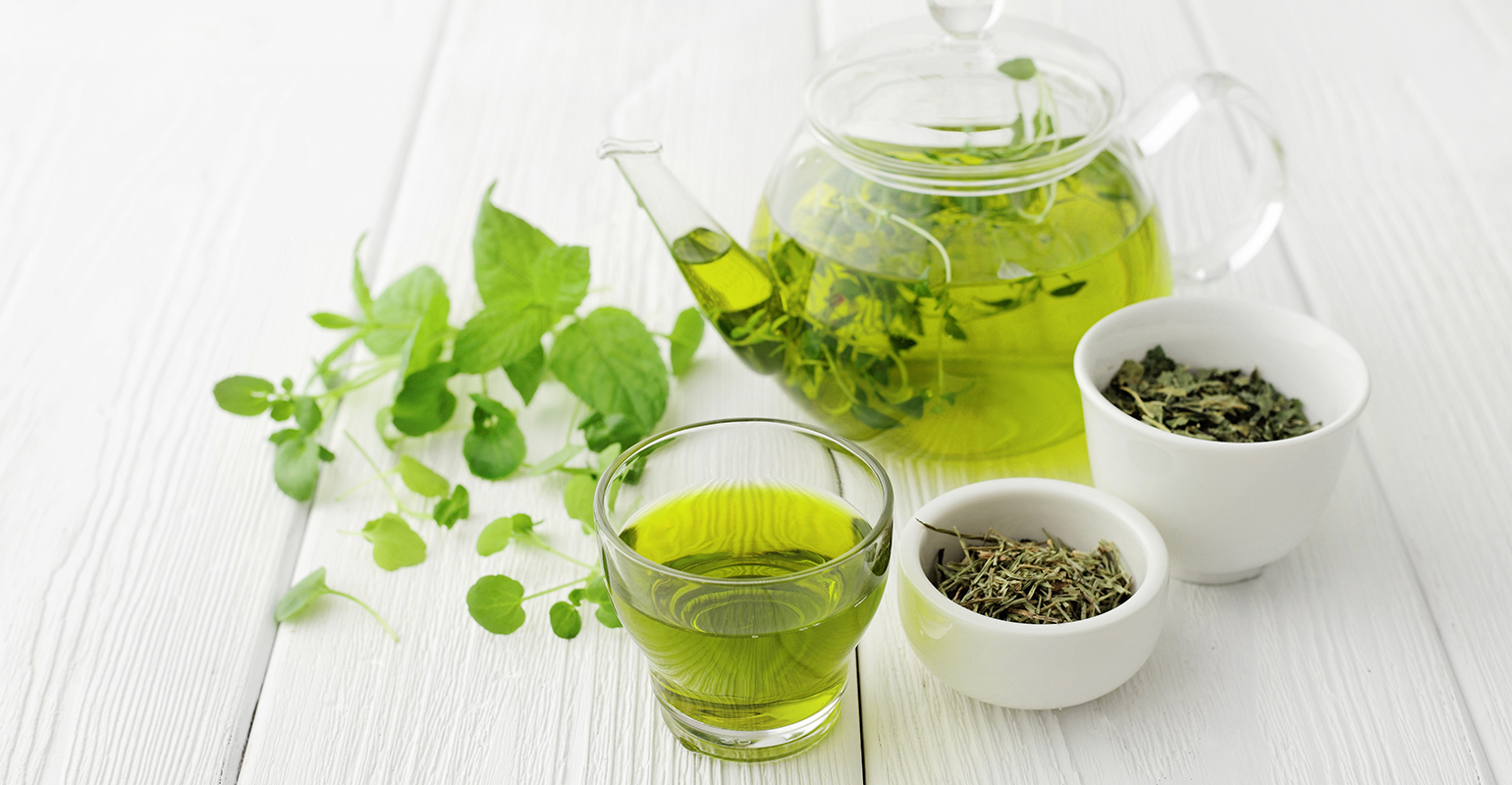Raisin Bran is a popular breakfast cereal that combines bran flakes with raisins. It has gained popularity due to its reputation as a healthy cereal option. However, is Raisin Bran really as healthy as it is believed to be? In this comprehensive guide, we will explore the nutrition, benefits, and downsides of Raisin Bran to help you make an informed decision about including it in your diet.
Nutrition Content of Raisin Bran:
Raisin Bran typically consists of bran flakes made from whole wheat or wheat bran and raisins. Let’s take a closer look at the nutrition content of this cereal:
- Fiber: Raisin Bran is known for its high fiber content. The bran flakes provide a significant amount of dietary fiber, which is essential for maintaining a healthy digestive system and promoting regular bowel movements.
- Protein: Raisin Bran contains a moderate amount of protein. While it may not be a significant source of protein, it can contribute to your overall daily protein intake.
- Vitamins and Minerals: Raisin Bran is often fortified with vitamins and minerals, including B vitamins, iron, and zinc. These fortifications enhance the nutritional value of the cereal and can be beneficial, especially for individuals with nutrient deficiencies.
- Added Sugar: One downside of Raisin Bran is its sugar content. Although the raisins naturally contain some sugar, many commercial brands add additional sugar to enhance the taste. It is essential to read the nutrition labels and choose brands with minimal added sugars or opt for unsweetened varieties.
Benefits of Raisin Bran:
- Fiber-Rich: The high fiber content of Raisin Bran can help regulate bowel movements, prevent constipation, and promote a healthy digestive system. Fiber also contributes to a feeling of fullness, which can aid in weight management and prevent overeating.
- Nutrient Boost: Raisin Bran is often fortified with essential vitamins and minerals, making it a convenient way to increase your nutrient intake. B vitamins are crucial for energy production and brain function, while iron is essential for red blood cell production and preventing anemia.
- Antioxidants from Raisins: Raisins are rich in antioxidants, such as phenolic compounds, which have been linked to various health benefits. These antioxidants help protect against oxidative stress and reduce inflammation in the body.
- Heart Health: The fiber content in Raisin Bran, combined with its low saturated fat content, makes it a heart-healthy choice. High fiber intake has been associated with a reduced risk of heart disease, while limiting saturated fat intake helps maintain healthy cholesterol levels.
Downsides of Raisin Bran:
- Added Sugar: As mentioned earlier, many brands of Raisin Bran add significant amounts of sugar to enhance the taste. Excessive sugar consumption can contribute to weight gain, tooth decay, and an increased risk of chronic diseases like diabetes and heart disease. It is crucial to be mindful of the sugar content and choose brands with lower sugar levels or opt for unsweetened alternatives.
- Calorie Dense: Raisin Bran can be calorie-dense, especially when consumed in large portions. This aspect may not be ideal for individuals trying to lose weight or those who need to watch their calorie intake. It is important to measure your portion sizes and consider your overall energy needs when incorporating Raisin Bran into your diet.
- Gluten Sensitivity: Some individuals have gluten sensitivity or celiac disease, which requires them to follow a strict gluten-free diet. While many brands of Raisin Bran are gluten-free, it is crucial to read the labels carefully to ensure that the cereal is safe for consumption.
- Potential Allergens: Raisin Bran may contain potential allergens such as wheat, nuts, or soy. If you have any known allergies or sensitivities, it is important to read the ingredient list carefully and choose brands that are safe for your dietary requirements.
Conclusion:
Raisin Bran can be a healthy addition to your diet when consumed in moderation and as part of a balanced eating plan. Its high fiber content, essential vitamins and minerals, and antioxidants from raisins provide several health benefits. However, it is important to be mindful of the added sugar content and portion sizes to avoid potential downsides. As with any food, individual dietary needs and preferences should be considered, and it is advisable to consult with a healthcare professional or registered dietitian for personalized advice.
- Benefits of Elecampane Root Supplements - November 6, 2023
- Benefits of Bacopa Monnieri Nootropics - November 6, 2023
- Is Raisin Bran Healthy? Nutrition, Benefits, and Downsides - July 10, 2023




